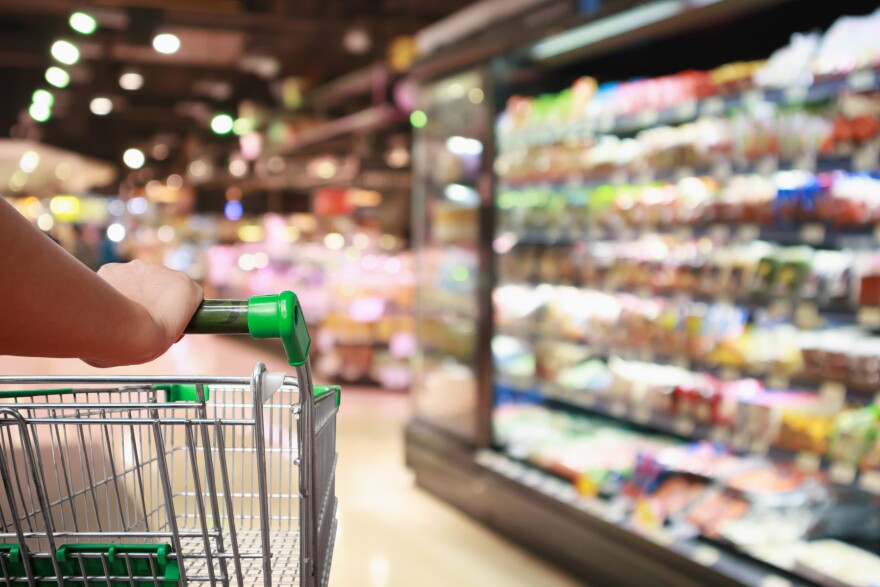Second Harvest of the Big Bend noticed food insecurity rise at the start of the COVID-19 pandemic. And that rate has been sustaining itself ever since. The organization’s Shari Hubbard says before the COVID-19 pandemic, food insecurity was dropping in the panhandle.
"And then when the pandemic started, things got worse quickly, and food insecurity rate surged to 29%," Hubbard says.
Hubbard says that's a 50% increase. She says many of the people they are seeing are picking up food for the first time.
"These are people that have been impacted by the pandemic, that have lost their jobs, or had their hours reduced or in some way, you know, been ill," Hubbard says.
Hubbard says her organization has had to quadruple the number of mobile pantry distributions they do a month to meet the demand. These mobile pantries go into underserved communities experiencing poverty and homelessness.


